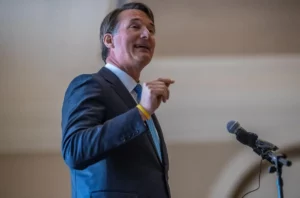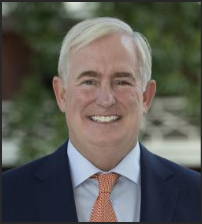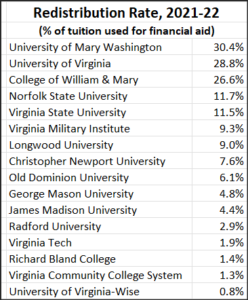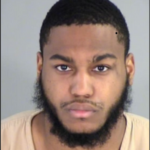 by James A. Bacon
by James A. Bacon
Five years ago, University of Virginia President Jim Ryan took to the social media platform formerly known as Twitter to comment upon the horrific murder of 11 Jews in the Tree of Life synagogue in Pittsburgh by a white nationalist.
“This kind of hate and violence goes against everything this country should stand for, and for which the University of Virginia will always stand,” he tweeted. “It falls to all of us to do everything we can, not just to keep our community safe but to prevent hate and bigotry from taking root in the first place.”
Someone warned him at the time to be careful, Ryan recalled in remarks to the UVa Board of Visitors Friday. Once he started commenting on news headlines, it would be difficult to stop. There is always something happening around the world. If university presidents comment on one story, they are expected to comment on the next. And if they don’t, people read meaning into the silence.
Maybe it’s time to rethink the practice of making public pronouncements on events of the day, Ryan suggested. Maybe it’s time to consider adopting the Kalven principles, a set of principles articulated by the University of Chicago’s Kalven Committee that urged colleges and universities to maintain institutional neutrality on social and political issues. Continue reading

 by James A. Bacon
by James A. Bacon



 by James A. Bacon
by James A. Bacon








